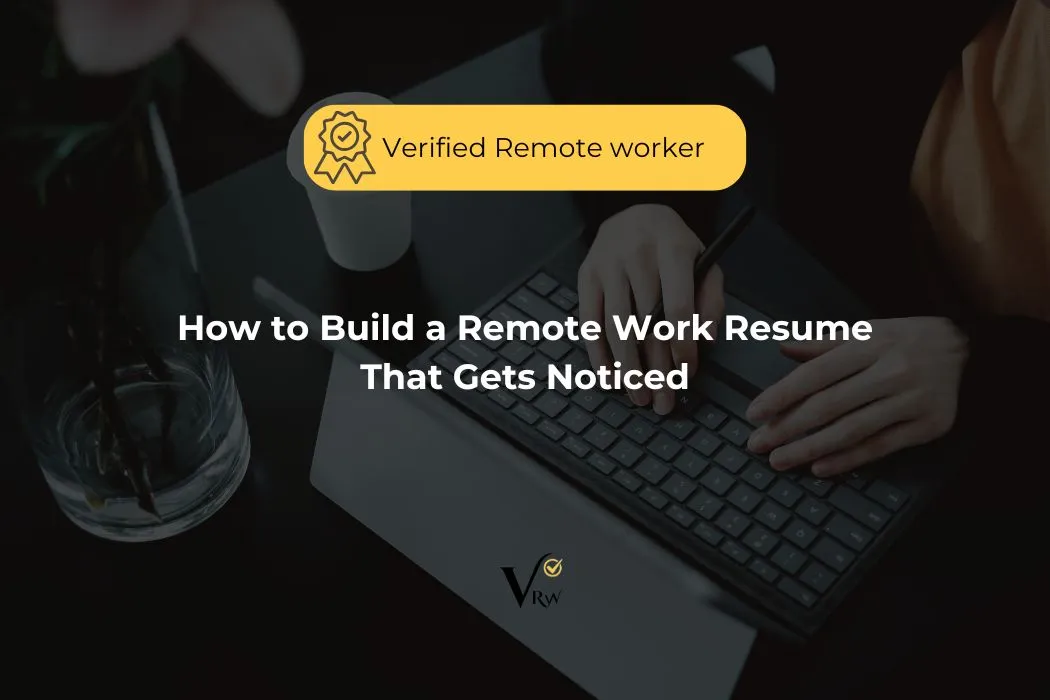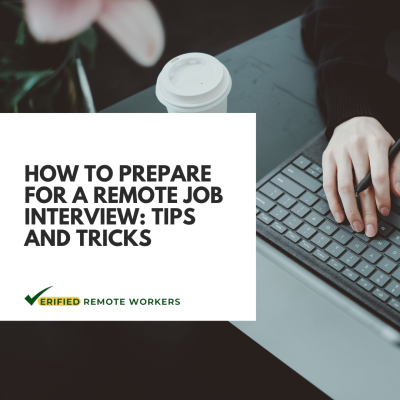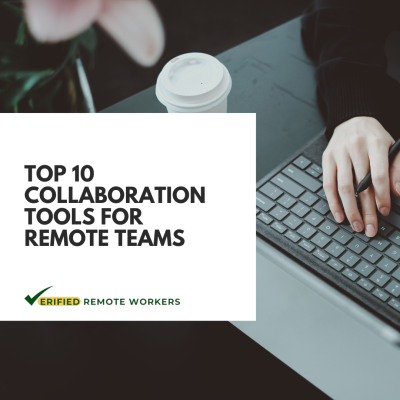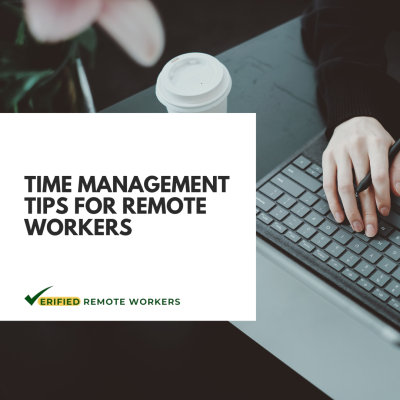In today’s rapidly evolving job market, remote work has become the new norm for many professionals. With the rise of digital communication tools and flexible working environments, companies are increasingly hiring remote workers across various industries. However, when applying for remote jobs, standing out from the competition requires more than just a traditional resume. You need a remote work resume that highlights your ability to thrive in a virtual environment. In this SEO-optimized article, we’ll guide you through how to build a remote work resume that gets noticed by employers.
1. Tailor Your Resume for Remote Work
One of the most critical aspects of building a successful remote work resume is tailoring it to highlight your remote-specific skills and experience. Employers are looking for candidates who are self-motivated, organized, and capable of working independently. Simply listing your work experience may not be enough.
What to Include:
- Remote work experience: If you’ve worked remotely before, make sure to highlight that. If not, emphasize transferable skills, such as freelancing or managing projects independently.
- Remote tools and software proficiency: Many remote jobs require specific tools for communication and collaboration. Mention tools like Zoom, Slack, Trello, Asana, Google Workspace, or any other software that demonstrates your ability to work remotely.
- Communication skills: Working remotely means clear and efficient communication is a must. Highlight your ability to communicate effectively via email, chat, video calls, or other platforms.
Example:
- Experience: Managed remote teams using Slack, Zoom, and Trello for project management.
- Skills: Self-motivated with strong communication skills, proficient in managing deadlines and remote workflows.
2. Highlight Relevant Remote Skills
When applying for remote positions, soft skills are just as important as technical skills. Employers want remote workers who can work independently, stay motivated, and manage their time efficiently. Make sure your resume highlights both your technical expertise and your ability to succeed in a virtual work environment.
Key Skills to Highlight:
- Time Management: Working remotely means you must manage your own time. Include examples of how you’ve successfully met deadlines and worked independently.
- Problem-Solving: Remote workers need to troubleshoot problems without immediate help from colleagues or managers.
- Adaptability: Remote work can present unforeseen challenges. Show how you adapt to new tools or changes in a fast-paced environment.
- Digital Literacy: Employers look for candidates who are comfortable using digital tools, project management software, and communication platforms.
Example:
- Skills: Strong time management skills, ability to juggle multiple projects while meeting deadlines. Comfortable working with remote tools such as Google Drive, Asana, and Slack.
3. Show Your Results, Not Just Responsibilities
When creating your remote work resume, it’s essential to show the impact you’ve made in previous roles, rather than just listing your job responsibilities. Quantifying your achievements helps employers understand how you can contribute to their organization. This is especially important when applying for remote roles, where employers want to be sure you’re results-driven, even without direct supervision.
How to Do This:
- Use numbers or percentages to show improvements or accomplishments. For example, “Increased website traffic by 40% through strategic SEO content.”
- Include specific examples of how you’ve worked remotely to achieve results. For instance, “Successfully managed a remote team of 5 for a project that resulted in a 20% increase in sales.”
Example:
- Achievements: Managed multiple client accounts remotely, resulting in a 15% growth in revenue during Q1 of 2024.
4. Use a Clean, Easy-to-Read Format
When building a remote work resume, the design and layout are crucial. A clean, professional resume that’s easy to read is essential for catching the eye of recruiters who may be reviewing multiple resumes.
Key Formatting Tips:
- Keep it simple: Use clear headings, bullet points, and short paragraphs to ensure readability.
- Use a professional font: Fonts like Arial, Calibri, or Helvetica are easy to read on both screens and paper.
- Keep it concise: Limit your resume to 1-2 pages, focusing on your most relevant experience and skills.
- Include links to your online presence: If applicable, link to your LinkedIn profile, online portfolio, or personal website. Make sure these profiles are up to date and professional.
5. Emphasize Your Ability to Work Independently
Remote work requires a high level of autonomy. Employers want to hire candidates who don’t need constant supervision and are comfortable managing their own time. Demonstrate your independence and self-discipline throughout your resume.
How to Show Independence:
- Mention times when you successfully worked on a project independently or took the initiative to solve a problem.
- Include any freelancing or contract work, as it shows your ability to manage your own workload and deadlines.
- Highlight any remote internships or volunteer work that involved self-direction and remote communication.
Example:
- Experience: Freelanced as a content creator for a variety of clients, managing multiple projects remotely and consistently meeting deadlines.
6. Tailor Your Resume for Each Job Application
While it’s tempting to send the same resume for every application, customizing your resume for each remote job you apply for is key to standing out. Tailoring your resume increases your chances of getting noticed by applicant tracking systems (ATS) and recruiters.
How to Customize Your Resume:
- Review the job description and identify key skills and qualifications the employer is seeking.
- Adjust your resume to emphasize those skills, using the same keywords found in the job description.
- Focus on the most relevant experience and accomplishments that align with the remote role.
Example:
- If the job description mentions a focus on project management, emphasize your experience with Asana or Trello and your ability to lead remote teams.
7. Add a Strong Remote Work Objective or Summary
If you’re new to remote work or just transitioning from a traditional office job, consider including a remote work objective or professional summary at the top of your resume. This section should briefly explain why you’re seeking remote work and highlight your most relevant skills.
How to Craft a Strong Objective or Summary:
- Be concise: Limit your objective or summary to 2-3 sentences.
- Mention your remote experience: If you have remote work experience, mention it. If not, emphasize your readiness and enthusiasm for remote work.
- Highlight transferable skills: For example, strong communication, time management, or digital tool proficiency.
Example:
- Objective: A highly motivated project manager with 3 years of remote work experience looking to leverage my organizational and leadership skills to manage distributed teams and drive company success.
8. Include a Portfolio or Work Samples (If Applicable)
For creative or technical remote jobs, including a portfolio or work samples is essential. A portfolio demonstrates your abilities and gives hiring managers tangible evidence of your work.
How to Present Your Portfolio:
- Include links to your portfolio or examples of past work in your resume.
- If you’re a writer, link to published articles or blog posts.
- If you’re a designer or developer, link to an online portfolio or GitHub repository.
Conclusion: Build a Remote Resume That Stands Out
Building a remote work resume that gets noticed requires a combination of the right skills, experience, and formatting. By tailoring your resume to highlight your remote-specific abilities, showcasing measurable results, and emphasizing your independence and digital proficiency, you’ll significantly increase your chances of landing a remote job.
Remember, in the world of remote work, your ability to communicate clearly and manage your own time effectively is just as important as your technical skills. Craft your resume to reflect these qualities, and you’ll be well on your way to securing your next remote job.




